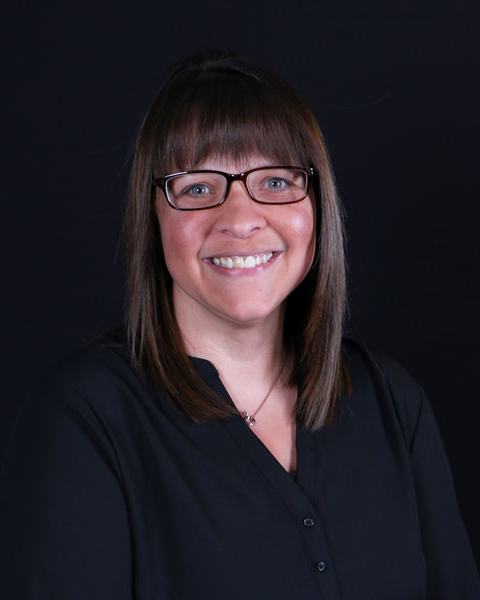Frequently Asked Questions
What is sonography/ultrasound?
Sonography, also known as ultrasound, is a diagnostic imaging technique that uses high-frequency sound waves to create images of organs, tissues, and other structures inside the body. These images help healthcare providers diagnose and monitor various medical conditions.
Where does a sonographer work?
Diagnostic Medical Sonographers typically work in hospitals, outpatient imaging centers, and doctors' offices.
How much do sonographers make?
According to the U.S. Bureau of Labor Statistics, the median annual salary for sonographers in 2024 was $82,570.
Is the DMS program accredited?
Yes, our program is accredited by the Commission on Accreditation of Allied Health Education Programs (CAAHEP), based on the recommendation of the Joint Review Committee on Education in Diagnostic Medical Sonography (JRC-DMS). The program has been accredited since March 2013. For more details, visit www.CAAHEP.org.
Why does accreditation matter?
Graduating from an accredited program ensures you've received a quality education that meets national standards. Many employers prefer or require graduates from accredited programs, making you more competitive in the job market.
How long is the program and when does it start?
The DMS program lasts 14 months and begins each year in June.
When can I apply?
The application for the 2026–2027 program opens on October 1, 2025. The deadline to apply is March 5, 2026.
How many students are accepted each year?
We accept up to 25 students each year.
What concentrations are offered?
We offer two concentrations:
- General Sonography (abdomen-extended and OB/GYN)
- Vascular Sonography (vascular anatomy and physiology)
Can I take both concentrations at the same time?
No, but you can complete them consecutively. If you return for the second concentration, you won’t need to retake the virtual lab, Introduction to Sonography, or Physics courses.
Is the program offered online?
Yes, the lecture (didactic) portion is online. Clinical rotations are completed at an approved site near your location.
What are the prerequisites to be eligible to apply?
To be eligible to apply, you must have an Associate’s or Bachelor’s degree from a regionally accredited institution (any major) with a minimum cumulative GPA of 2.5. Required prerequisite courses include College Algebra, English Composition or Public Speaking, Anatomy & Physiology (completed within the last five years), Medical Terminology, and Physics—all with a grade of “C” or better. If you have completed a Radiography program, you will not need to retake Physics or Medical Terminology.
Applicants must also have hands-on patient care experience through one of two options: completing a health science program such as Radiography, Respiratory Therapy, or Nursing; or completing at least 300 hours of direct patient care in roles such as CNA, EKG Tech, Phlebotomist, or PCT. This experience must include tasks like taking and recording vital signs, assisting with exams and treatments, helping physicians, turning or moving patients, bathing and grooming, and transporting patients.
How many clinical hours are required?
During the fall and spring semesters, students complete 24 hours per week. In the last summer semester, this increases to 32 hours per week. For scheduling, students will attend their clinical rotation at the most convenient times, which may vary based on the site's scheduling preferences. Typically, this will align with regular business hours to coordinate with the schedules of staff and patients.
How do I find a clinical site?
As part of the application process, you are required to complete an 8-hour observation day at a potential clinical site. After the observation, if the site is interested in hosting you for clinicals, Labette Community College (LCC) will reach out to begin the affiliation agreement process. If the site declines, you will need to complete another observation at a different location.
Please note: If you're applying under Option #2 of the medical component (based on direct patient care experience), the clinical site must also sign a form confirming they are willing to accept you as a student without having completed a formal health science program, such as Radiography, Respiratory Therapy, or Nursing.
Do I need to move to Parsons, KS, for clinicals?
No, clinical rotations are completed at an approved site near your home.
What is the cost of the program?
The total cost ranges from $14,000 to $20,000, depending on your residency status (in-state vs. out-of-state tuition) and concentration.
Is financial aid available?
Yes, financial aid and scholarships may help cover the cost of the program, depending on your eligibility. For more info, visit our Financial Aid & Scholarships page.


